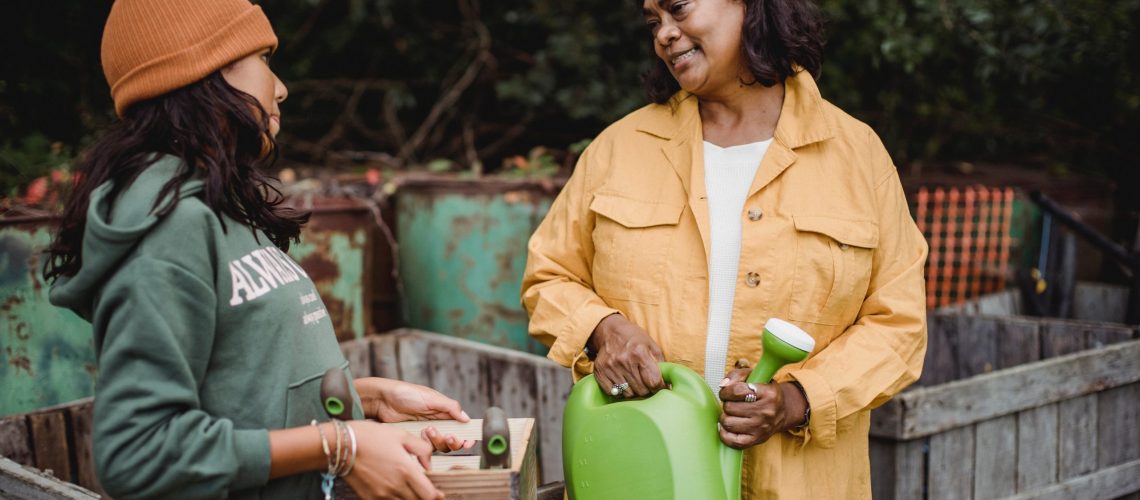

Dr. Sam Himelstein
Co-Founder and CEO, Family Spring, Inc.
Why Authenticity is a Powerful Parenting Practice
“Authenticity is a collection of choices that we have to make every day. It’s about the choice to show up and be real. The choice to be honest. The choice to let our true selves be seen.” — Brene Brown
If you were to ask most parents or caregivers if they wanted their children to be authentic, they would say yes. But what do we mean by “authentic”?
Authenticity is the art of being you. It means both being knowledgeable about yourself and showing up as that self in the moment.
As Carl Rogers said,
“We could each of us name persons whom we know who always seem to be operating from behind a front, who are playing a role, who tend to say things they do not feel. […] We do not reveal ourselves too deeply to such people. On the other hand, each of us knows individuals whom we somehow trust, because we sense that they are being what they are.”
So how do we raise authentic children so that they can become authentic adults?
It starts with us, the parent or caregiver. This is such low-hanging fruit that it’s often overlooked. If you want to raise authentic children and adolescents, then you must also practice authenticity. This means not trying to act in a way you normally wouldn’t. For example, some parents try to act “cool” around their kids’ friends by using slang they don’t even understand very well.
Authenticity also means practicing what you preach:
“They see what we value and believe by our actions, not our words. […] How do [your kids] see you express anger? Sadness? Disappointment? How do you express affection? How do you acknowledge when you’ve made a mistake? Are there areas in your life where you say one thing and do another?”
(Rosalind Wiseman, Masterminds and Wingmen, p. 27)
Practicing authenticity and showing up with presence consistently is the best way to help your children become authentic. You model the practice, they pick it up. (And the emphasis on practice is important. As in the Brene Brown quote above, authenticity is “a collection of choices we make every day […] The choice to let our true selves be seen.”)
Sometimes letting our true selves be seen by our children can be hard. Should we have boundaries around what we show them? Of course. But we should also, at times, show our true authentic selves to our kids, including our moments of happiness, joy, frustration, sorrow, etc. If we don’t, we risk not offering them an internal working schema of what it means to be authentic.
Think about how you can show up authentically with your kids, friends, colleagues, and family. Put intentional effort into it as a practice. It’ll rub off on your kids. It’s contagious, and it will help ensure that they have a positive relationship with you, which will impact all the other relationships in their lives.
